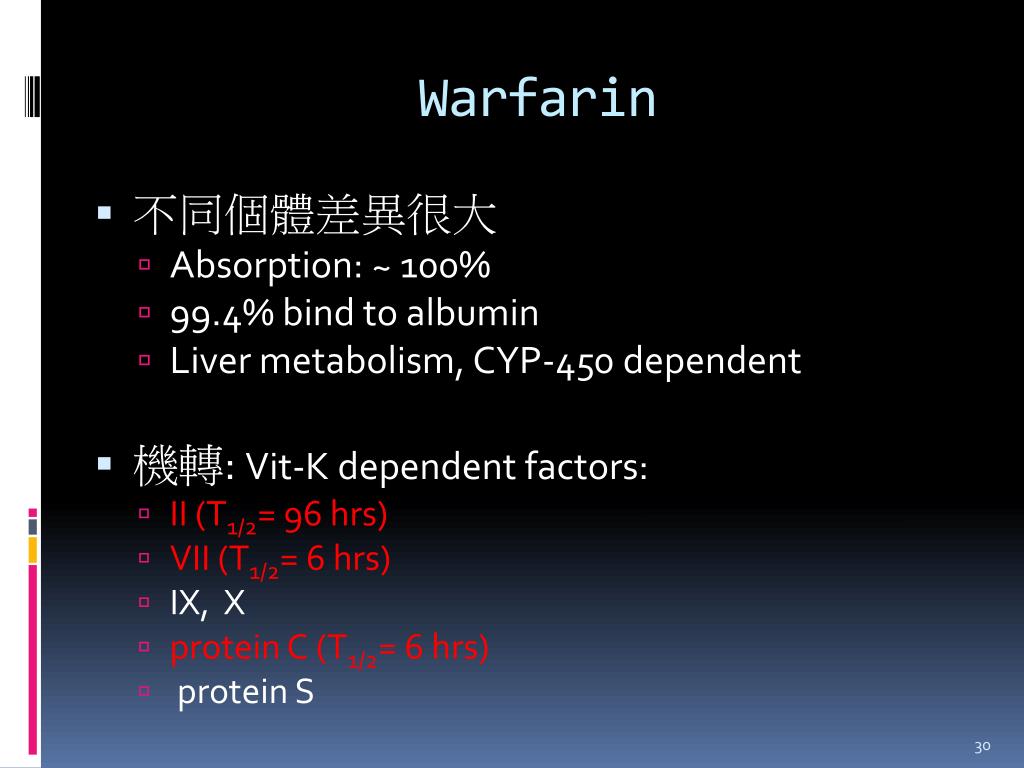

There is no uniform standard for reversing warfarin in intracranial hemorrhage. Increasing numbers of patients are on anticoagulation including warfarin. The risks of not reversing the anticoagulation in ICH generally outweigh the risk of thrombosis in the acute setting. The 30-day risk for ischemic stroke after discontinuation of warfarin therapy was 3-5%. Slow intravenous dosing of vitamin K is recommended in patients with ICH. Recombinant factor VIIa appears to rapidly reverse warfarin's effect on INR however, this treatment is not FDA-approved and is associated with a 5% thromboembolic event rate. Prothrombin complex concentrate is statistically significantly faster at correcting the INR compared to fresh frozen plasma transfusions. Warfarin not only increases the risk of but also the severity of ICH by causing hematoma expansion. The final consensus of our comprehensive search strategy was a total of 23 original studies for inclusion in our review. The multiple database searches revealed 586 papers for review for possible inclusion. The results generated by the search were limited to English- language articles and reviewed for relevance to our topic. Databases for PubMed, CINAHL, and Cochrane EBM Reviews were electronically searched using keywords covering the concepts of anticoagulation drugs, intracranial hemorrhage (ICH), and treatment. MethodsĪ structured literature search and review of articles relevant to intracranial hemorrhage and warfarin and treatment in the emergency department was performed.

The objective of this paper was to conduct a structured review of the medical literature and summarize the advantages and risks of the available treatment options for reversing warfarin anticoagulation in patients who present to the emergency department with acute intracranial hemorrhage. The acute management of patients on warfarin with spontaneous or traumatic intracranial hemorrhage continues to be debated in the medical literature.


 0 kommentar(er)
0 kommentar(er)
